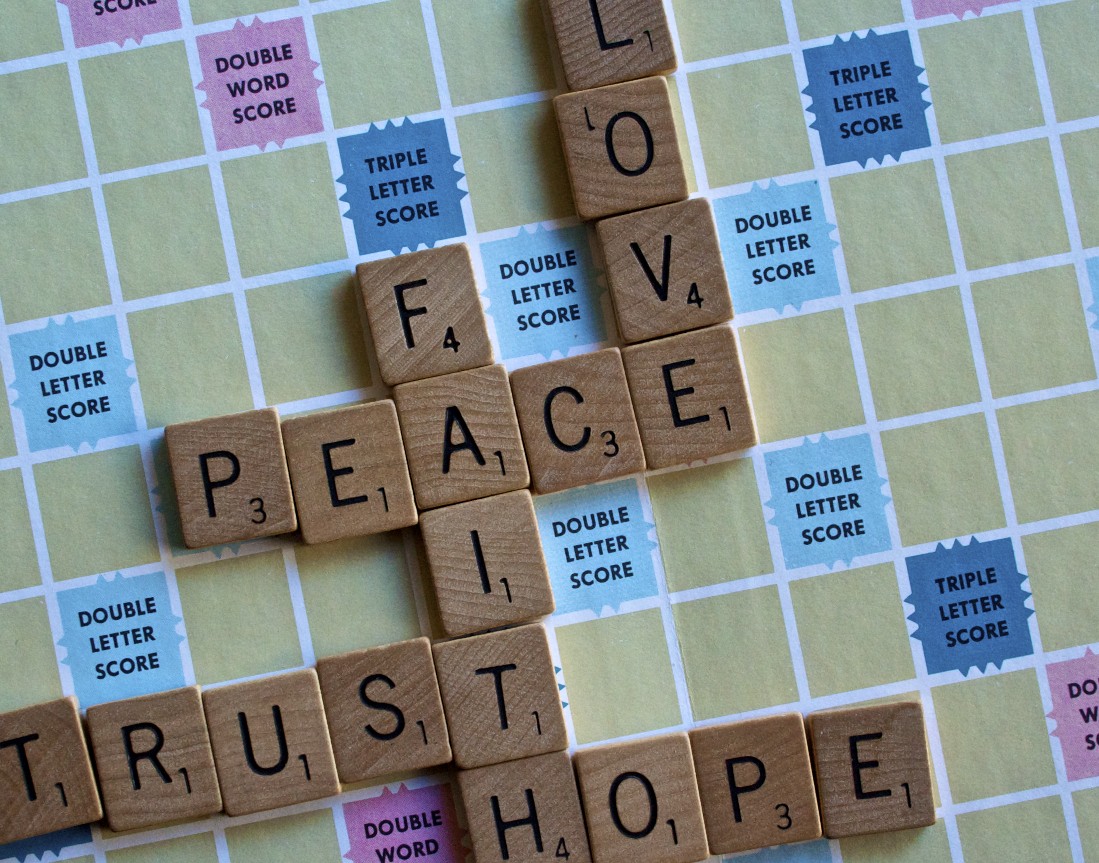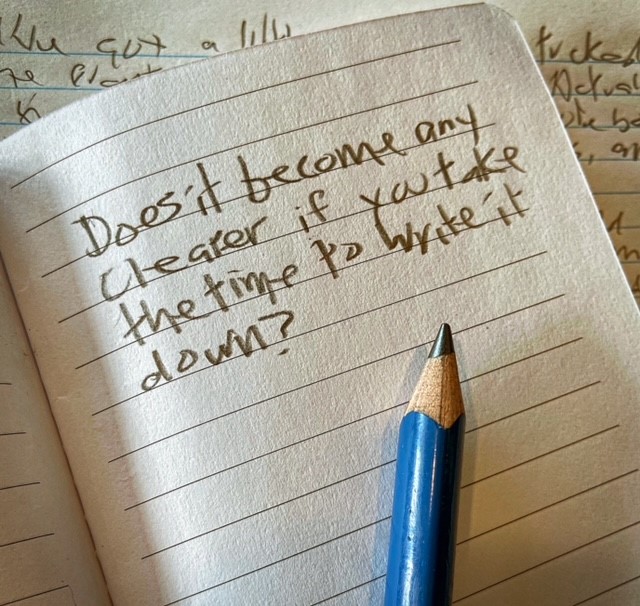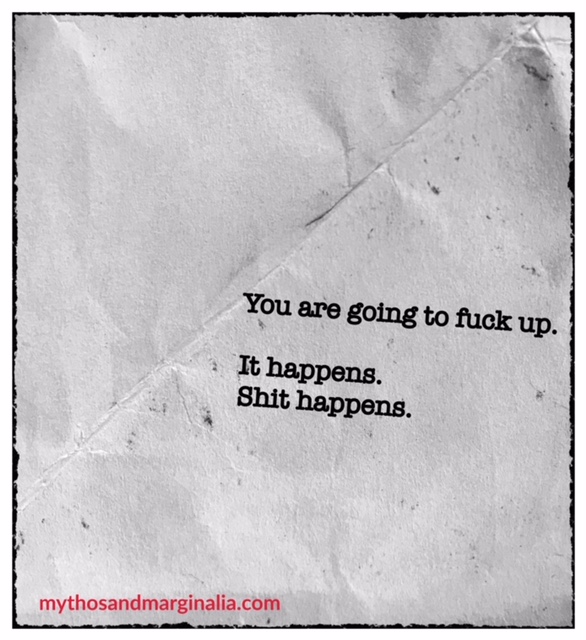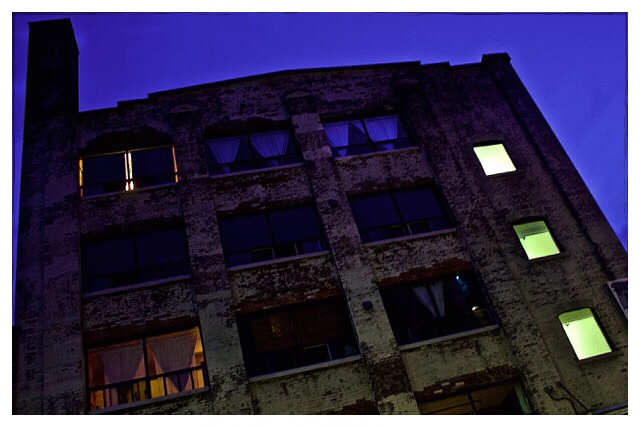I have five favorite words. Individually, each is strong. Together, in any order, in any amount, they are powerful.
Inspiring.
Life-affirming.
Peace
Faith
Hope
Love
Trust
Five words; words worth waiting for . . . or searching for, fighting for,
or hoping for.
For many years, the words had become a mantra of sorts, my mythos; so to speak. Not so much an incantation, but more of a statement, or laundry list, of words I believed in.
Then, it seemed, I didn’t.
A few years back, in frustration mainly with myself, the word hope lost its power. By circumstance or consequence, I lost my ability to communicate authentically. My words, my thoughts, my actions and aura, were not connecting, as they should have. I didn’t realize this until it was far too late.
I went numb. I settled into a pattern, and hope never once gave me a nudge. Without hope you are hopeless. I wasn’t. So, I removed the word hope from my vocabulary. It seemed like the right thing to do, at the time.
It came to me at the wrong time, but I realized there is nothing to hope. Hope it is a useless word. Unlike the other four words, hope has no substance. You can know peace, you can feel love, you learn and earn trust, and you can find faith. But all you can do is hope for hope, and that itself says something.
Hope keeps you wondering, hope keeps you waiting, and hope keeps you thinking. There is no resolution in the thoughts hope provokes. You just keep hoping, and that is wrong. Or it certainly isn’t right.
There is nothing tangible to hope. Hope is wishy-washy.
Hope does nothing but prolong pain, anger, or insecurity and fear. Hope, eventually, does little more than create doubt and disappointment. While hope comes from euphoric thoughts or feelings, there is nothing concrete to it.
If anything, hoping creates false hope, or it seems as if that is what true hope is: false. It tends to create unsubstantiated ideals for desiring what may be, when instead you should focus on what you have or what you want.
So I stopped hoping. I began planning.
I settled into a routine I believed would accomplish my goals and remove the sadness I had encountered, simply by staying busy with my plans. And, for a while, it seemed to work. I planned, and I followed through on my plans. They were concrete, they could be adjusted, or altered, or erased. Plans were made, plans were acted on, or plans were dropped. It seemed easier when I didn’t include hope.
Hope is a difficult word; it is tenuous, at best. It lacks definition. I, then, lacked definition. I was lost, and there was no hope. I could not even aspire to hope. You can want, but it is not hope. You can dream, no, you can wish, but that is not hope.
I had stopped hoping.
What I was doing, I thought, was a far cry from hope. But, as you go, as you grow — as I evolved — I then realized you couldn’t erase hope. No matter how I continued to deny myself, hope was always there. It may not always be bright and shiny, but it reaches out, or occasionally whispers from the shadows. Perhaps it is subconscious, but as you plan, as you accomplish even in small increments, there is this bit of hope that keeps you moving forward.
You just have to acknowledge it.
Not including hope in your life is like painting a rainbow without violet; the rainbow is not complete. Life is not complete without hope.
Hope, as a word, has returned to me. I have allowed it back into my vocabulary, and into my life, though I know it never left.
I don’t think you ever lose hope, which is not its nature. Hope keeps you believing, I think hope is what drags you through the grief, or giving-up stage, and keeps you looking further ahead. Hope is the root of all planning.
The thing is, the hope you seek must be self-contained. It’s a lovely thought to hold out hope for someone else, but you don’t really have that power. Hope is internal. In the face of tragedy or despair, I think the greatest hope is how you respond to the situation, and how you deal with the aftermath. Hope is always there, in the back of your mind, or at the core of your being.
It’s when I stopped hoping, that I stopped being.
© 2022 j.g. lewis




